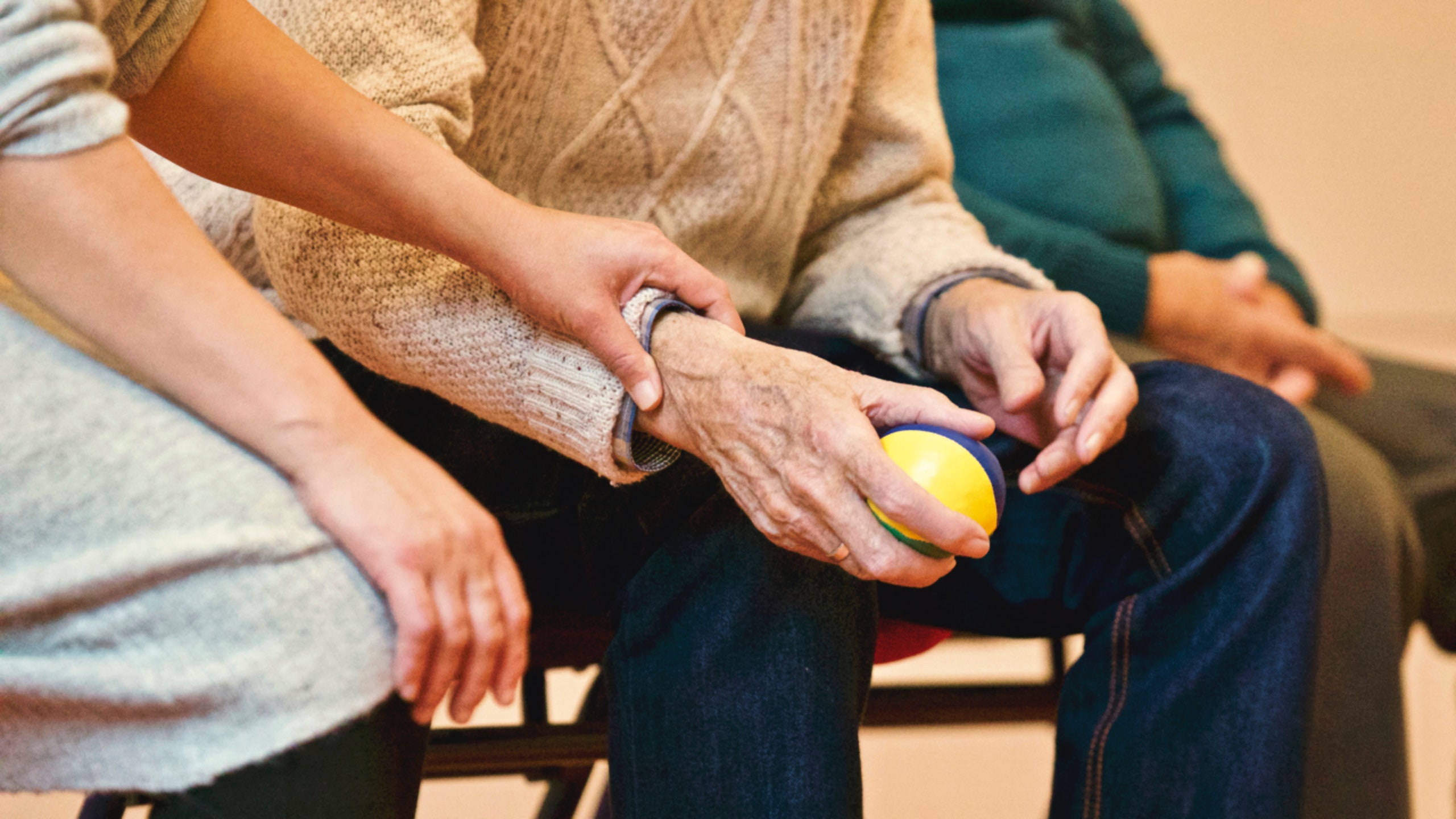
By Nick Le Mesurier and Dr Denise Tanner
Department of Social Work and Social Care, University of Birmingham
“The care worker may be the only person they see all day or even all week. It is not just the help with the basics of personal care that is important – getting washed, dressed and to the toilet – but also the human contact and relationship.”
The Social Care sector has been overstretched for many years, with councils and agencies struggling to meet demand. Low pay, irregular hours and insecure contracts offered to care workers are reflections of the low status allied to social care. But now, as the full effect of Covid-19 takes hold of the nation, it is putting a spotlight on care workers and the vital role they play in the lives of older and disabled people for three reasons:
- Greater insight into the role a care worker plays
Our research talking to older people who pay for their own social care has highlighted the vital role that care workers play in the lives of many older people. The care worker may be the only person they see all day or even all week. It is not just the help with the basics of personal care that is important – getting washed, dressed and to the toilet – but also the human contact and relationship. Though only remote contact is possible for the meantime, the NHS has recently seen more than half a million people volunteer to become an ‘army’ of unpaid helpers, delivering medicines, transporting people, or keeping contact with others who are self-isolating. Has this demonstration of an unprecedented amount of ‘care’ for those most vulnerable in our communities now resulted in a greater insight into the vital role care workers continue to play?
Social care workers in the community and in care homes are easily overlooked as key workers. During this pandemic they may be at similar levels of risk as colleagues due to lacking protective sanitiser, gloves and masks. But still they put themselves on the frontline of risk, working with highly vulnerable older people before going home to their own families. The role of a social care worker has a low status but carries enormous responsibility.
- Higher demand for private care arrangements
There was already a recruitment crisis in social care but this will intensify as staff become ill or have to self-isolate. At the same time, demand is increasing as there is even more pressure to get people out of hospital quickly and people may need longer visits because they are unwell. The Coronavirus Bill also weakens people’s entitlement to support from the state, potentially pushing even more people into having to make their own private care arrangements.
- Praise from the top
Sunday night’s rare speech from Her Majesty the Queen was watched by 24 million viewers, where she gave thanks to those in the NHS working on the frontline and care workers. This praise for care workers from our most prominent figure is a significant and welcomed one, we can only hope that the current crisis will help carer workers continue to receive the recognition they so rightly deserve.
- The Social Work Together programme have recently launched a new website where social workers interested in returning to practice as part of the national effort against coronavirus can express their interest
- More about Denise Tanner at the University of Birmingham
- More about the Department of Social Work and Social Care, University of Birmingham
- Back to Social Sciences Birmingham
